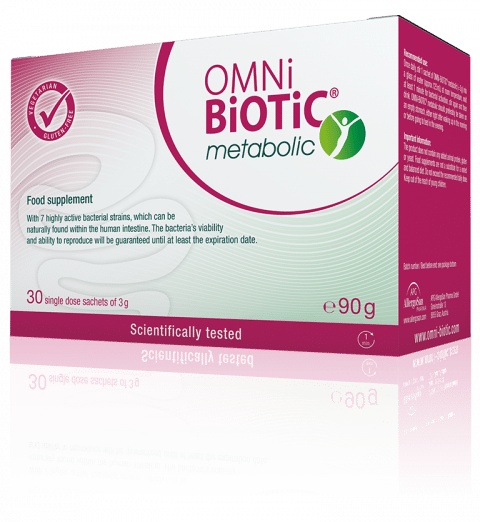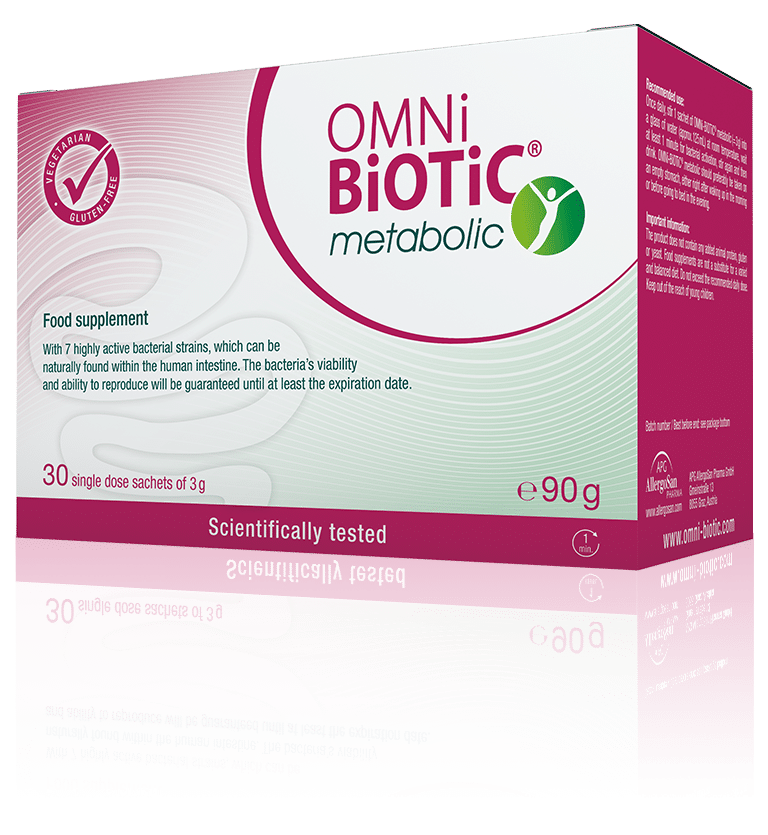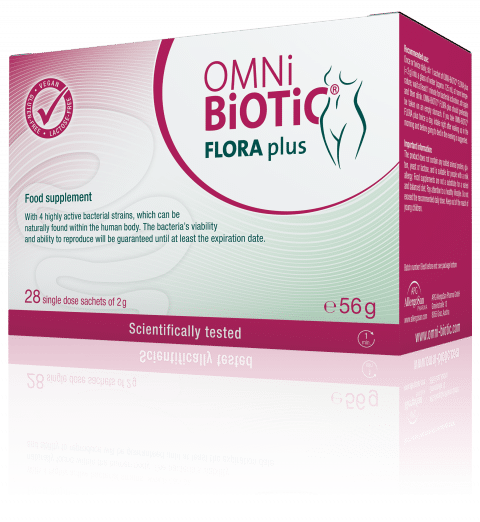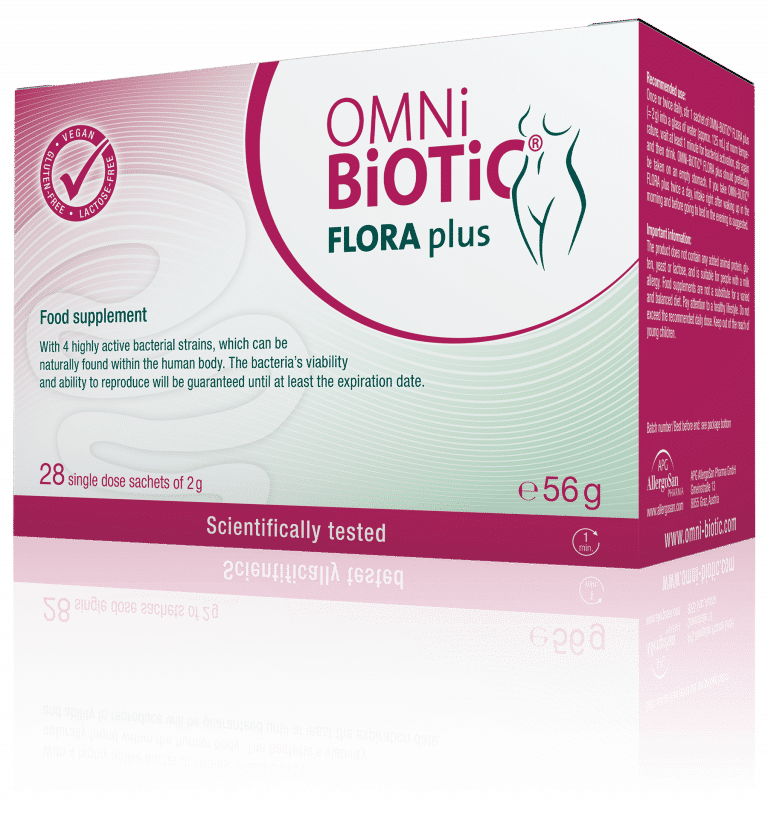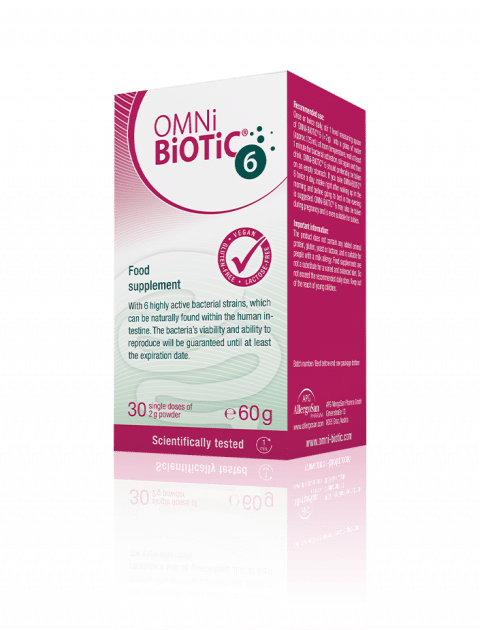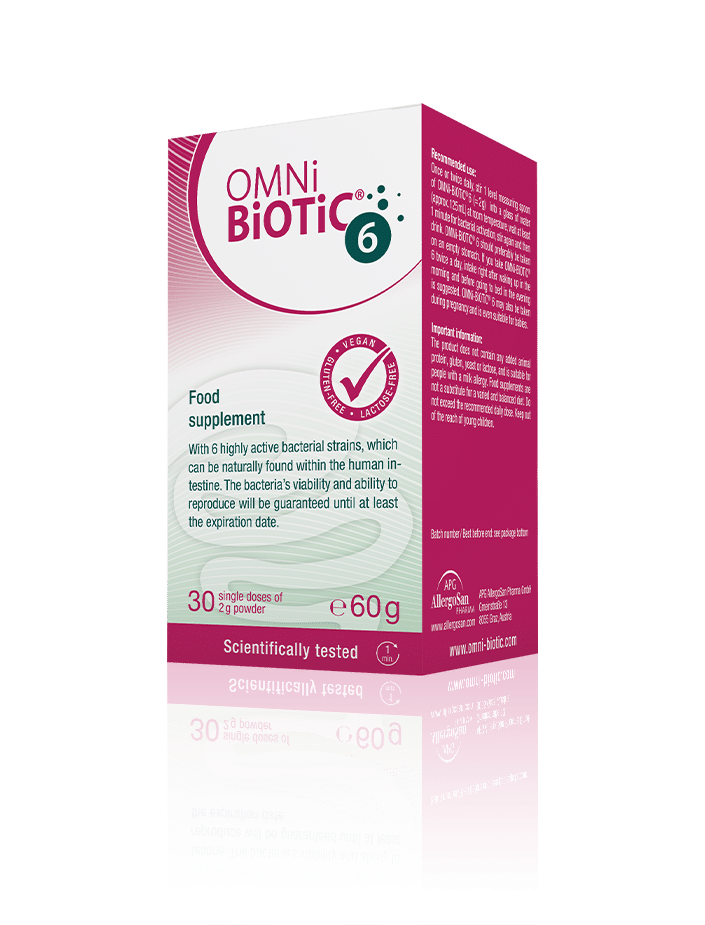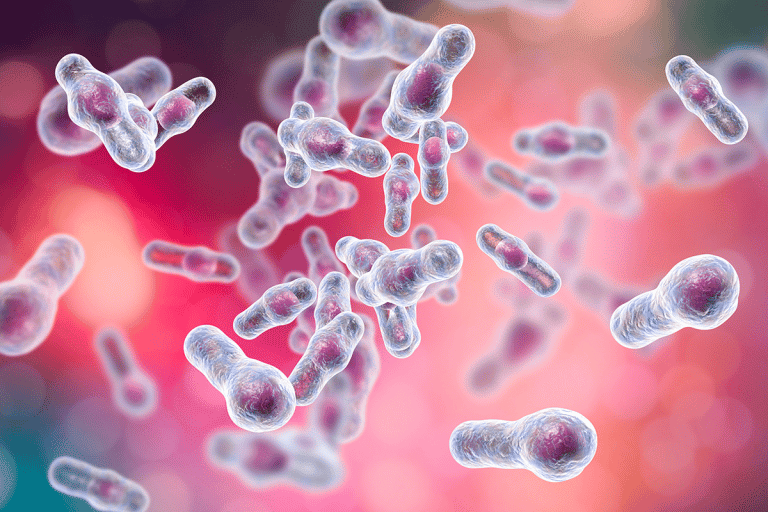
Breast cancer
Probiotics can reduce the side effects of chemotherapy

Breast cancer is the most common form of cancer (30,5% of all cases) in women from industrial countries and has a rising tendency. Thanks to improved screening and new therapeutic approaches, the cure rate has increased substantially in the last 10 years. Studies involving probiotics have produced some very promising results in the treatment of the side effects caused by cancer therapy.
At the moment, 1 out of 8 women develop breast cancer over the course of their lives. The risk of breast cancer increases with age, whereas young women are rarely affected. The average age of onset of breast cancer lies at around 64 years, several years below the average of all cancer diseases, with every 4th case younger than 55 and every 10th younger than 45.
The good news is that breast cancer is one of the best treatable types of cancer in modern medicine. Besides radiotherapy and surgery, targeted chemotherapy and anti-hormonal therapy can be used. The latter of which is applied when a tumour is sensitive towards hormones and whose growth is, therefore, stimulated by the female sex hormones, especially oestrogen. A big problem with this type of therapy, however, are the extremely bothersome side effects such as the atrophy of vaginal tissue.
Vaginal flora: a protective shield
A healthy vaginal flora is mainly comprised of several different species of lactobacilli. They play a central role in the protection of the urogenital tract from pathogenic bacteria and infections by producing lactic acid: A high level of oestrogen before the menopause is responsible for the continuous and natural colonisation of the vagina with lactobacilli.
However, due to the necessary anti-hormonal therapy, the production of oestrogen is suppressed. Many breast cancer patients are therefore quickly confronted with the so-called genitourinary syndrome: The combination of chemo- and anti-hormonal therapy leads to the death of lactobacilli and, as a result, a massive degeneration of vaginal tissue (vaginal atrophy). The consequences are quickly felt: vaginal dryness, itching and burning, a painful and/or frequent urge to urinate as well as recurring infections, all of which massively reduce the quality of life. Precisely when the woman needs the close comfort of her partner, she can’t live out her sexuality because of the associated pain.
Although these symptoms can be reduced through the local application of oestrogen, this treatment is used cautiously to prevent the growth of tumours that are susceptible to this hormone.
Lactobacilli offer natural help
An effective option that doesn’t facilitate the growth of tumours is the application of the lactobacilli that are naturally found in the vagina. This prevents a dysbiosis of the vaginal flora and, therefore, recurring infections (e.g. urinary infections) as well as the growth of the mucus layer in vaginal tissue.
For about a decade, the department for gynaecology and obstetrics at the Medical University of Vienna has been researching the positive effects that probiotics, including 4 lactobacilli phyla that are naturally found in the vagina, have on the reduction of vaginal infections. It was therefore only natural to also examine whether this combination could reduce the side-effects of chemo- and anti-hormonal therapies. In accordance with top scientific standards, 22 patients with breast cancer that suffered from vaginal atrophy and a reduced vaginal flora (Nugent-Score: 4-6) as a result of their treatment were divided into either a probiotic or placebo group. The probiotic group received the tried-and-tested OMNi-BiOTiC® FLORA plus+ twice daily over the course of 14 days, whereas the other participants received a placebo without bacteria. Naturally, the study was blinded. In other words, neither the patients nor their doctors knew which of the women received the real bacteria and which received the placebo.
Vaginal swabs were performed at the beginning, after 15 days and finally after 22 days of the study. These swabs were able to show a significant improvement of the vaginal flora in the probiotic group despite the concurrent chemotherapy treatment. There was even an improved Nugent-Score one week after the final treatment with OMNi-BiOTiC® FLORA plus+ than before the treatment. On the other hand, the Nugent-Score of the placebo group continued to deteriorate on a weekly basis.
This clearly shows that probiotics containing specific lactobacilli phyla have a significant effect on the severe side effects of the drug treatment on breast cancer when taken orally.
Nugent-Score
To determine the Nugent-Score, the presence of different microorganisms in a gram-stained preparation of a vaginal swab is investigated. These include:
- Lactobacilli (these are the main components of a healthy vaginal flora)
- Gardnerella vaginalis (the most common cause of vaginal infections)
The Nugent-Score is considered as being negative with a score between 0 and 3 points (no evidence of bacterial vaginosis, healthy vaginal flora). A score of 4-6 points is intermediate, and a score of 7-10 is positive (bacterial vaginosis, the vaginal flora is pathologically altered).

